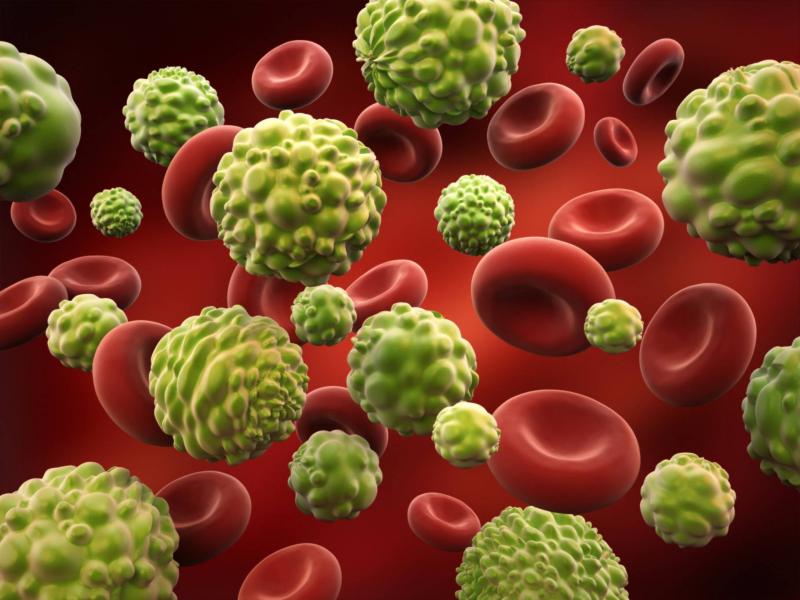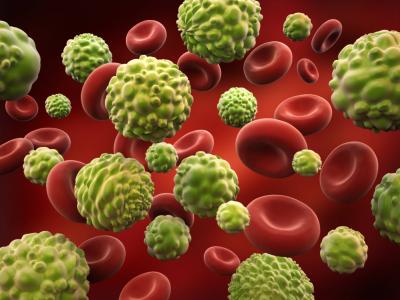A recent study found that one in four cancer cases and half of cancer deaths could be avoided by steering clear of a set of specific factors in daily life. American researchers discovered that nearly half of cancer-related deaths in the United States are attributable to six decisions made by individuals in their everyday routines, such as smoking, alcohol consumption, and insufficient physical activity.
Scientists from the American Cancer Society (ACS) examined data on 30 different types of cancer among adults over the age of 30 in the United States in 2019. They analyzed the number of cases and deaths to see if they were linked to "modifiable risk factors," including:
- Cigarette smoking (current and former)
- Secondhand smoke
- Overweight and obesity
- Alcohol consumption
- Consumption of red and processed meat
- Low intake of fruits, vegetables, dietary fiber, and calcium
- Physical inactivity
- Ultraviolet (UV) exposure
- Infections from Epstein-Barr virus (EBV), Helicobacter pylori bacteria, hepatitis B virus (HBV), hepatitis C virus (HCV), human herpesvirus 8, human immunodeficiency virus (HIV), and human papillomavirus (HPV).
The team found that 40% of all cases (713,340) and nearly half of deaths (262,120) could be attributed to these factors. The analysis indicated that smoking accounted for the highest percentage of cases, at 19.3% (or 344,070). Cigarettes contributed to 56% (206,550 out of 368,600) of all preventable cancers in men and 39.9% (137,520 out of 344,740) in women.
Being overweight was the second-largest risk factor (7.6%), followed by alcohol consumption (5.4%). The researchers did not specify the amounts of alcohol consumed by participants, but the U.S. Centers for Disease Control and Prevention define regular alcohol use as two drinks daily for men and one drink daily for women. However, they recommend consuming less and state that the safest bet is to avoid drinking altogether.
Following these were UV exposure (4.6%) and physical inactivity (3.1%). When examining types of cancer, the proportion of cases attributed to potential modifiable risk factors ranged from 100% for cervical cancer and Kaposi's sarcoma (a type of cancer that forms in the lining of blood and lymph vessels) to 4.9% for ovarian cancer. The percentage exceeded 50% for 19 out of the 30 types of cancer evaluated.
About 3.5% of all cancer cases and deaths are attributed to infections, with HPV accounting for the largest share of cases (1.8%) and deaths (1.2%). The findings highlighted the importance of raising awareness around these risk factors to reduce cancer cases and related deaths.
In fact, not every type of cancer can easily be linked to risk factors as outlined in the study. This study focused on the United States, while there were 18.1 million new cancer cases worldwide in 2020, according to Cancer Research UK (CRUK), making it an international issue. Therefore, the study was not comprehensive or accurate enough, warranting further research, especially regarding the four most common types of cancer globally: breast, lung, bowel, and prostate, which account for more than four in ten cases, particularly considering CRUK estimates that there will be 28 million new cancer cases annually by 2040.




